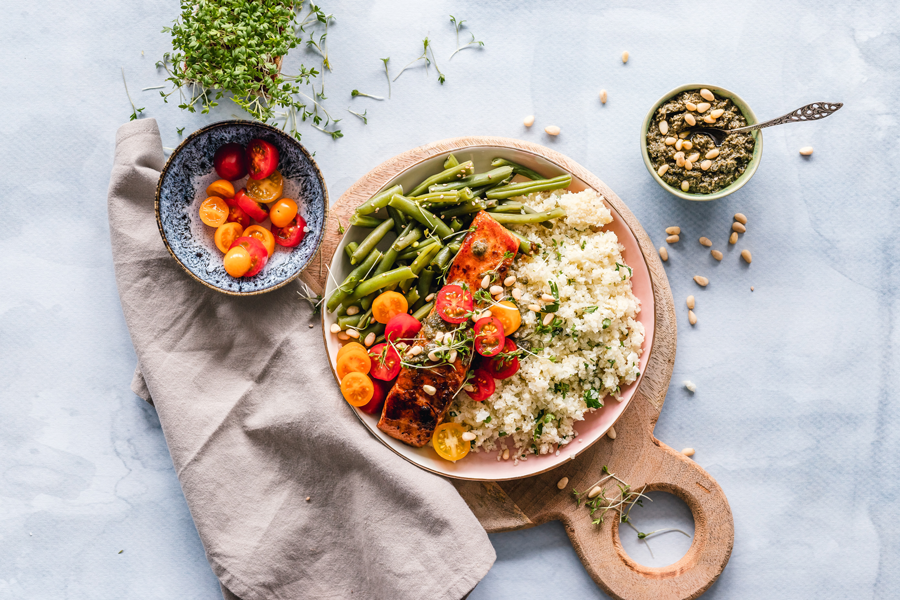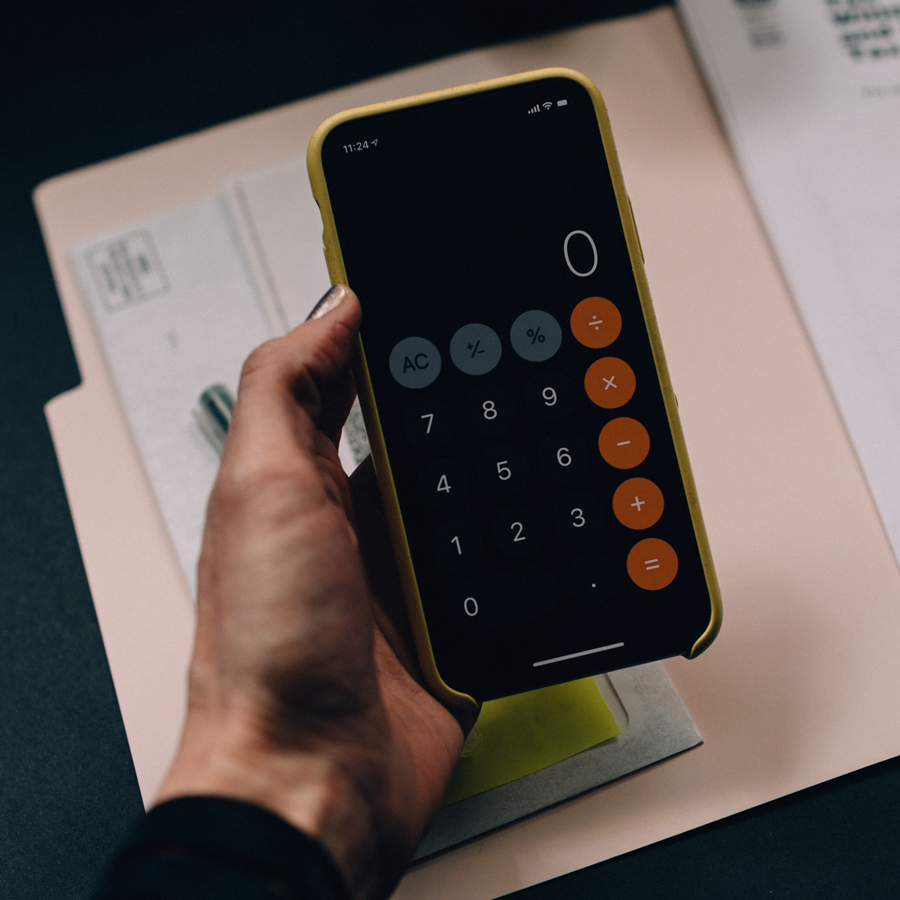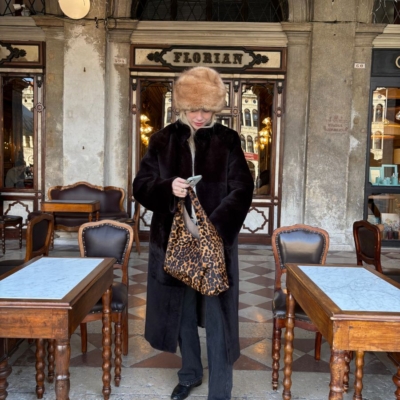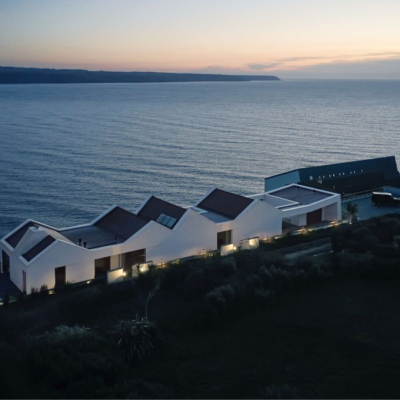Holly Hughes’ action plan for hope in 2024…
I found it increasingly difficult to stay hopeful and motivated in my climate citizenship over last year. It has been hard to remain fervent and focused when attention, empathy and fear has been redirected to global travesties.
That’s why I love the forgiveness of a new year. I love the olive branch of New Year’s resolutions, where a line is drawn in the sand between the past and the blank expanse of a future in which no hope, intention, or ambition is too big, too ludicrous, too impossible to attain. I love – and increasingly need – the clarity of a new year to help me redefine my priorities. To look at my contributions to the world on a personal, national, and international scale, reevaluate what is and isn’t working, and find new ways to safeguard a fair future.
Here are three things I’m committing to – with all of the vigour of a fresh start – that can really make an individual difference in stopping the further destruction of the planet…

1. EATING WELL
I refuse to hear the word diet in January – unless is in relation to protecting our environment. Eating well is a way to nourish ourselves but a nurturing diet can also nourish the planet. Food production is responsible for a third of the human-caused pollution that’s overheating our planet. A moment on the lips, a lifetime of rising temperatures and food insecurity on the hips of every nation. However, simply bringing awareness to the food on your plate can achieve truly monumental change.
A US study found that substituting beef for almost anything else for one meal a day can cut a person’s dietary carbon footprint by 48 per cent. Similarly, choosing a plant-based milk over cow’s milk reduces your daily footprint by eight per cent. This is powerful knowledge and one that gives me hope. One lentil bolognese or mushroom taco a week could do wonders for our carbon waistlines. And, incidentally, our actual waistlines. Studies have shown that diets composed of lower-carbon foods (such as plant-based and poultry items) are healthier and better for us. So when I say eat well, I really mean it. Eat deliciously well.
I consider the following things when doing my weekly shop: where products have come from; how they are packaged; if it’s possible to buy them loose; whether they are organic, local, or seasonal; portion size and waste; freezing options for food I won’t eat in time; if and how I can use more of an ingredient to reduce waste. (For example, roasted broccoli stalks are nutritious and an excellent garnish, carrot tops add earthiness to a pesto salad dressing, lemon rinds are quickly pickled; chickpea water is a great replacement for egg whites.)
My intention is not deprivation but rather nourishment. Nourishment of local businesses, nourishment of Irish farmers, of the planet’s soil and atmosphere, and – not least – nourishment of our families, our bellies, our bodies.

2. MAKE AN APPOINTMENT
We are all busy, all tired, all overwhelmed with the deluge of bad news and the feeling we are not doing enough because there is simply too much to do. While I counsel small, consistent changes for climate action in this column, the truth is, I often find it hard to stay as diligent in my own education, action, and advocacy. I often spiral into hopelessnes, however, the clarity of a to-do list and the clinical pragmatism of an “appointment” are wonderful antidotes to despair.
Hence my Appointment with the Planet: a weekly, 30-minute allotment I am dedicating specifically to educating myself on environmental issues. I’m picking a day and time I know I will be free, writing it in my planner as a non-negotiable, and setting a timer.
You’d be surprised how much you can learn – and how much you can find to feel hopeful for – in 30 minutes. If you don’t know where to begin, simply reading the Environment section of a newspaper is a great start. Setting your internet browser to “news” and then typing in phrases related to pollution, climate action, or the climate emergency until you find a topic that interests you, is also a good way to access information quickly and easily.
The final and most important part of this Appointment is taking one positive action based on your reading. The action could be emailing my TD about the issue I’ve been reading about. It could be joining a local volunteer group or signing a petition and sharing it on social media. It could be donating money to an environmental NGO. It could be taking one key fact – like you can shave almost ten per cent off your daily carbon footprint by switching to oat milk! – and telling ten people about it that week. Remember, this isn’t about “doomscrolling”, it’s about exploring. Microdosing activism, if you will.

3. KEEPING TRACK OF YOUR MONEY
Being shrewd about savings and pensions actually makes you something of a climate hero. In Ireland, many of our savings, investments, and pension funds are invested in the fossil fuel activities exacerbating the climate crisis. Check what your money is funding and start divesting away from dirty fossil fuel investments. This environmental imperative can be easily done with the help of several organisations.
Divest Ireland is a grassroots campaign that advises Irish workers on how they can ensure their pension isn’t funding fossil fuel corporations. For personal banking, using resources like Bank. Green to see your bank’s environmental rating and find ethical bank alternatives is an easy way to make sure your money is where your mouth is. UNEP’s Act Now Speak Up and Count Us In both have resources and information on ensuring your money supports the causes you believe in and isn’t tied up in polluting activities.
Of course, these actions are only the beginning. I haven’t mentioned transport or fast fashion, the conundrum of flying, the urgent need to switch to renewable energy. But here’s the thing about hope: once you catch a little spark of it, it grows.










